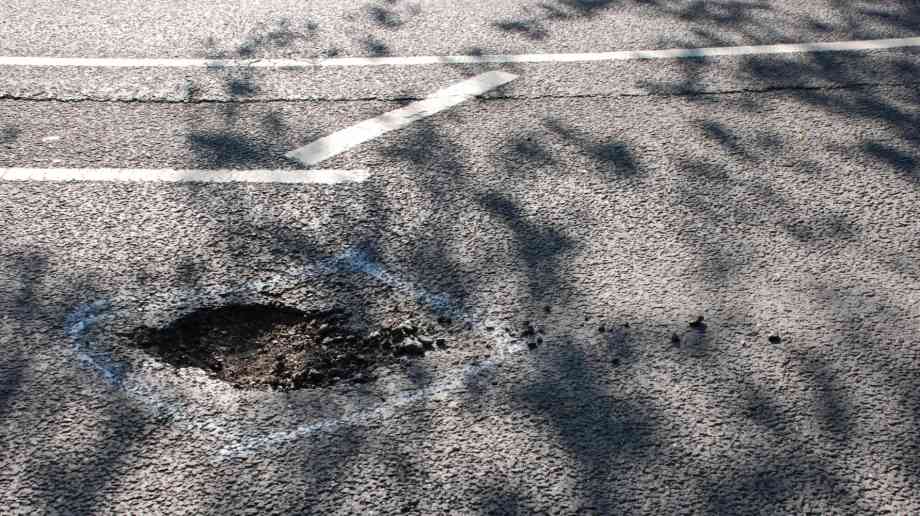Sue Robb of 4Children talks to Julie Laughton and Alison Britton from the Department for Education about the role of childminders in delivering the 30 hours free entitlement.
Pothole breakdowns prevalent, despite less traffic

RAC patrols went to the rescue of nearly 1,500 drivers who had more than likely suffered a pothole-related breakdown in the last three months of 2020.
An analysis of fourth quarter RAC breakdowns, released for National Pothole Day on 15 January, reveals there were 1,461 call-outs for damaged shock absorbers, broken suspension springs and distorted wheels reveals. This is despite lower overall traffic volumes than normal due to the coronavirus pandemic.
While the pothole proportion of all RAC breakdowns in the last three months of 2020 is down on the previous quarter, it is identical to the same period in 2019 and slightly higher than 2018. The RAC says that this is concerning given the lower traffic volumes brought about by coronavirus travel restrictions as in theory, less traffic should mean less damage to road surfaces.
Looking across the UK, the South East saw the largest number of vehicle problems most likely to be caused by potholes at 242 – equating to 17 per cent of all the pothole-related call-outs dealt with by the RAC’s expert local patrols. While this could be attributed to the region being more densely populated, this is unlikely to be the case for the South West which saw 12 per cent of all the RAC’s pothole breakdowns (173), almost the same number as the North West (170).
Nicholas Lyes, RAC head of roads policy, said: “As if 2020 wasn’t bad enough for other reasons, nearly 1,500 of our members have also had to endure unwanted, and no doubt expensive, damage to their vehicles caused by potholes and other road surface defects.
“While the actual number of pothole-related call-outs our patrols have attended is down significantly compared to the same time in 2019 due to lower traffic volumes in the pandemic, they account for the same proportion of all RAC rescues which clearly demonstrates there are still far too many poorly maintained roads.
“We realise council budgets are under incredible pressure due to the coronavirus, but we badly need the government to recognise the significance of local roads and take a fresh look at how to fund them. The government’s approach of allocating funding to councils from various pots on an annual basis means authorities are always having to play catch-up by fixing potholes rather than focusing on preventative maintenance. We would prefer to see them make five-year funding settlements which would allow councils to make longer-term plans for their roads. This could be funded by introducing a similar scheme to the National Roads Fund which ringfences money paid in vehicle excise duty by road users in England for the upkeep of major roads.”
Company Focus
Just Lanyards is a subsidiary name of Gifts 2 Impress Limited, who have been trading for over 25 years, we therefore pride ourselves in having endless experience covering all aspects of the promotional merchandise industry.
Event Diary
UKREiiF has quickly become a must-attend in the industry calendar for Government departments and local authorities.
The multi-award-winning UK Construction Week (UKCW), is the UK’s biggest trade event for the built environment that connects the whole supply chain to be the catalyst for growth and positive change in the industry.
Supplier Profiles
Geo Energy
At GeoEnergy Design, we're on a mission to disrupt the traditional way heating and cooling ha
Latest Features
Professor Harith Alani, director of the Knowledge Management Institute at the Open University explains how AI can be used for good and bad.
Alex Lawrence, head of health & social care, techUK sets out techUK’s Five Point Plan for CareTech.

















